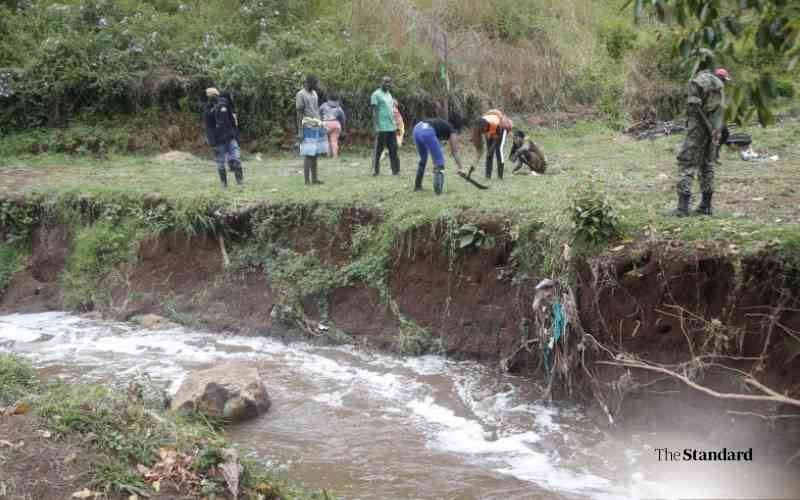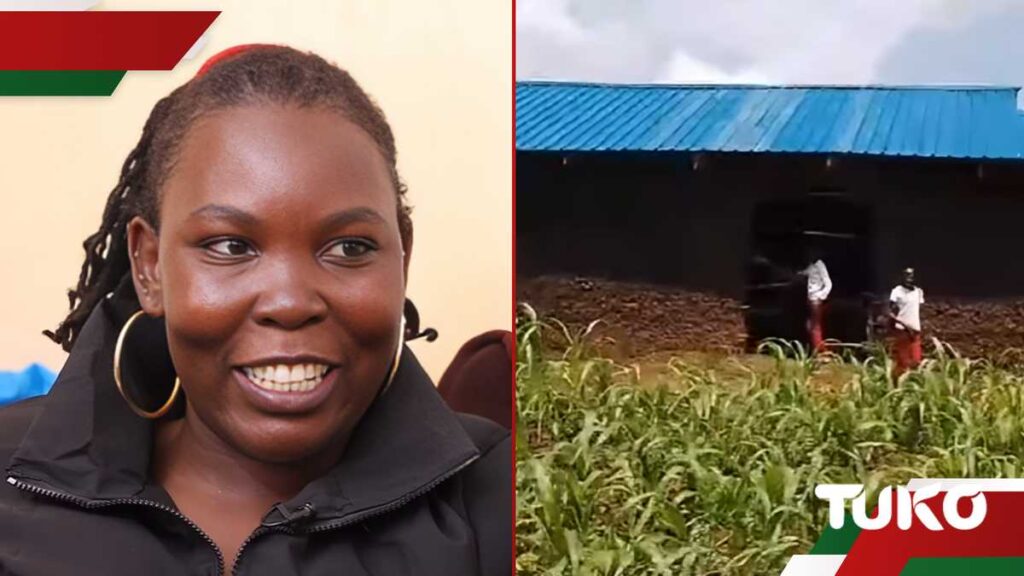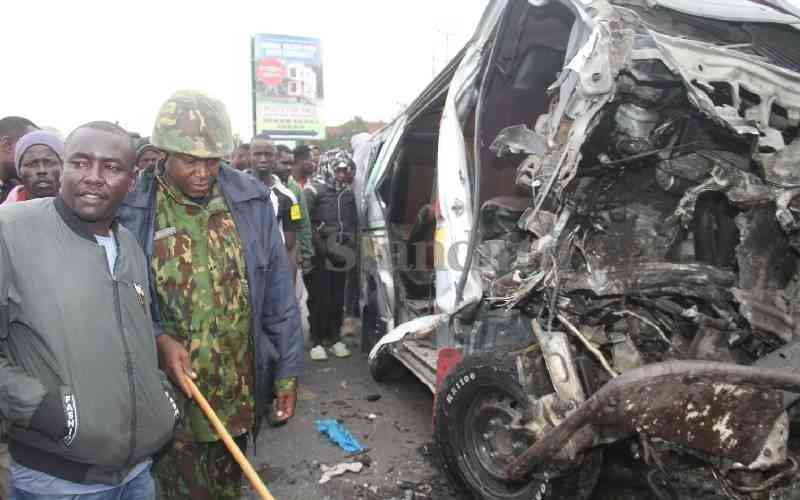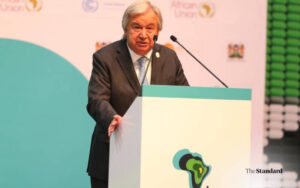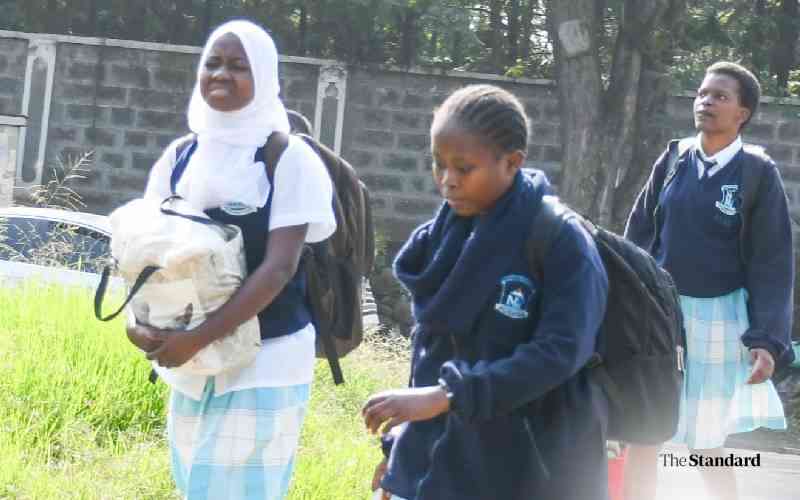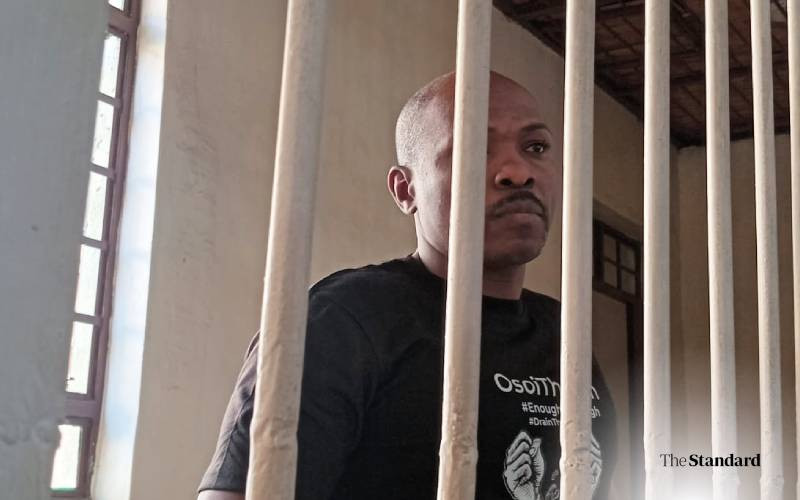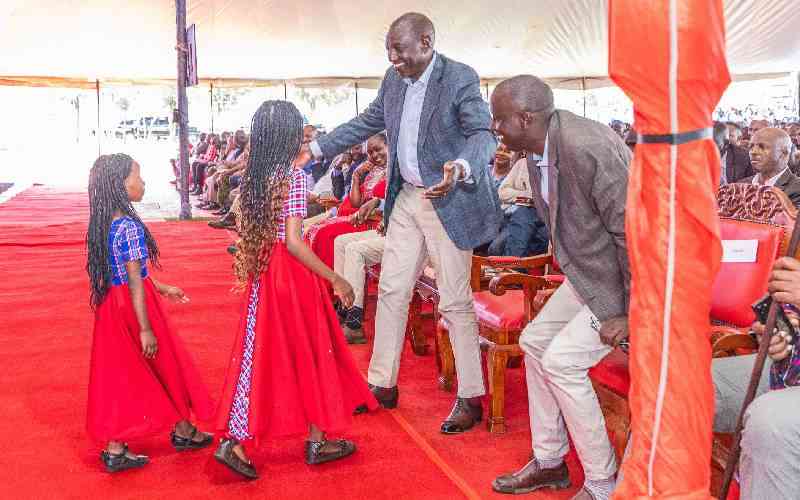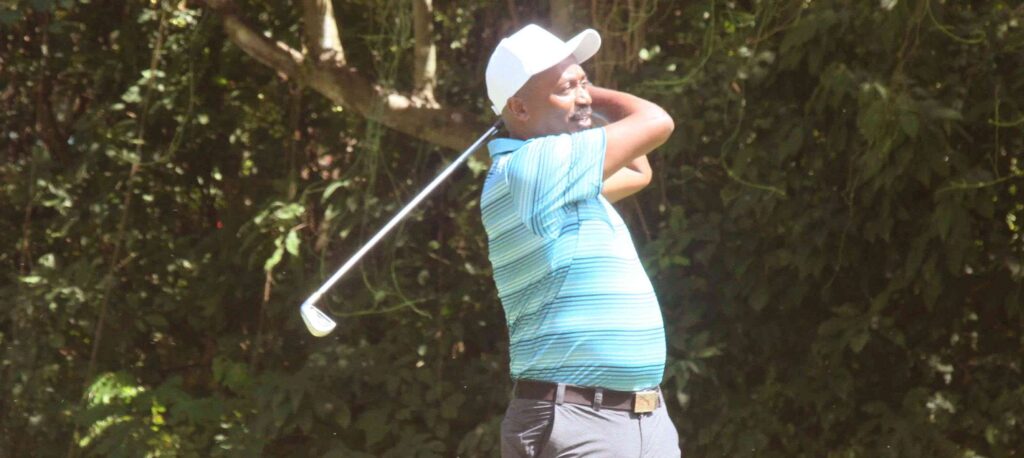At least 100,000 youths are set to benefit from the Kazi Mtaani initiative, the government has announced, even as it opens countrywide applications for the opportunities.
In a statement on Thursday, the National Steering Committee of the Climate Resilience Service Programme, dubbed Climate Worx, announced that it had officially opened the national registration portal for interested youths to apply.
The committee said the portal will remain open until June 15, 2025, with applicants required to be aged 18–35, and must possess a valid
national ID, and register a Safaricom line with mobile money capability.
“The portal will remain open for ten (10) days, giving young Kenyans across all 47 counties an opportunity to express interest in joining this ground-breaking initiative aimed at building sustainable, climate-resilient communities,’ the statement read in part.
This follows President William Ruto’s pronouncement on Sunday during the Madaraka Day celebrations in Homabay, saying the programme will give jobs for decent livelihoods to thousands of young people across the country.
“Ladies and gentlemen, I am pleased to announce the revival of Kazi Mtaani,” President Ruto said. “This programme will empower our youth with meaningful work and hope for a better tomorrow.”
This initiative will see the return of the popular Kazi Mtaani that was first introduced during former President Uhuru Kenyatta’s regime but was stopped in 2022 when Ruto assumed office.
According to Ruto’s administration, Climate Worx has been designed as a transitional employment and social protection programme
to engage over 113,000 youth in labour-intensive public works, including environmental conservation initiatives.
“The programme has a focus on three key areas: roads and infrastructure, environmental conservation, and housing and urban development,” said the statement from the State Department of Housing and Urban Development.
It added: “Participating youth will earn a daily wage of Sh500, with supervisors earning Sh550, paid directly via mobile money.”
The committee said the successful applicant will be organised into community-based clusters and will work on alternating two-week shifts over six months.
The activities that the youths will undertake, according to the committee, include the construction of roads, construction of new and expansion of existing drainage, including unclogging them, construction of footpaths, paving, and access roads within public facilities such as schools, hospitals, and markets.
During the service, the recruited youth will also undergo structured life skills and workplace readiness training to support their long-term transition into employment, education, or entrepreneurship.
“The programme prioritises inclusivity, with strong attention to gender balance, youth from informal settlements, and persons with disabilities,” the committee said.
Stay informed. Subscribe to our newsletter








